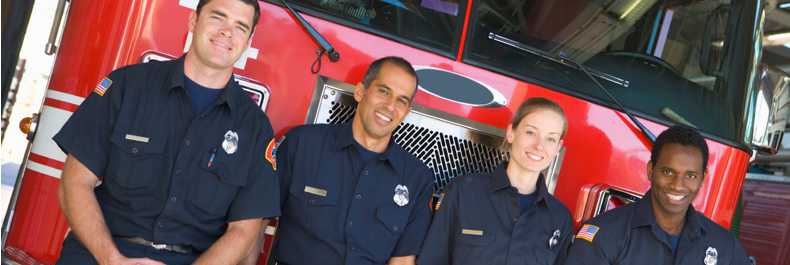





As a first responder, you are valued and important, but also subject to the effects of stress and emotional trauma. If you are visiting this page for yourself, for a friend, or for a partner, we hope you will find encouragement and resources to pull through the stressful moments that come our way.
“SIGNS”- Short Film – A First Responder’s Battle
“SIGNS” is a short film made to bring awareness to the importance of mental health in the first responder community. Originally made for internal usage, it was decided to share to spread awareness. Made in collaboration with Marysville Fire Peer Support Group and Seattle Fire Peer Support Group.
Firefighters, Mental Health, and PTSD
In a national anonymous survey conducted by the IAFF and NBC, 7,000 respondents revealed a culture where many are trying to cope with mental health and PTSD. 95% experience critical stress on the job, 77% have unresolved issues, 65% have unwanted memories of bad calls, and 27% say the stress has led to substance abuse. Most fear seeking help or talking about their stress. But help is available.
Tedx – Burnout and PTSD
Burnout and PTSD are one of the biggest issues facing the first responder industry. This TEDx discusses in-depth the levels of burnout and PTSD. Burnout is an ongoing issue outside of the Covid 19, but these times have increased the levels of burnout, compassion fatigue and eventually PTSD. This 20 minute video is very informative.
Upstanders: The Firefighters’ Rescuer – Starbucks
Sometimes there is the satisfaction of saving a life, of extricating someone from a car wreck or defibrillating a heart-attack victim, but in big cities such as Seattle – whose department he joined 26 years ago because he wanted even more adventure – almost every week brings another “bad call.”
How to Stay Mentally Healthy – Learn More
Everyone experiences stress. Sometimes it can help you focus and get the task at hand done. But when stress is frequent and intense, it can strain your body and make it impossible to function. Finding effective ways to deal is crucial to living well. The National Alliance on Mental Illness provides practical suggestions to help you manage stress and stay mentally healthy.
Warning Signs – Learn More
Most fire fighters and paramedics are exposed to potentially traumatic events as a normal part of their jobs. Following certain bad calls, some may have a strong reaction. They replay the event in their minds, have difficulty sleeping or experience strong, upsetting thoughts and feelings. By talking with others and engaging in self-care, these common stress reactions often subside over time. But what are the signs of symptoms of a level of stress that may indicate a deeper problem? Learn more at IAFFRecoverycenter.com
Depression and Stress Management – Learn more
Stress is the body’s response to physical or emotional demands. Emotional stress can play a role in causing depression or be a symptom of it. A stressful situation can trigger feelings of depression, and these feelings can make it more difficult to deal with stress. Stress management techniques are useful in coping with depression. Stress relief can also help prevent depressive symptoms from developing. Healthline brings together reputable articles and documents that provide helpful tips and anecdotes for good mental health and stress management.
Reputable Stress Management Sites & Resources
- The Treatment Needs of Our Firefighters & First Responders
- 8 Ways for First Responders to Reduce Stress
- Surviving the Job: Emotional Self Care for First Responders
- Crisis Mode: 911 Operators Suffer in Silence
- PTSD and Addiction: The Connection Between Trauma and Drug Addiction
- Addiction Guide for Colleagues
Need Help Now? Call (888) 369-0014

